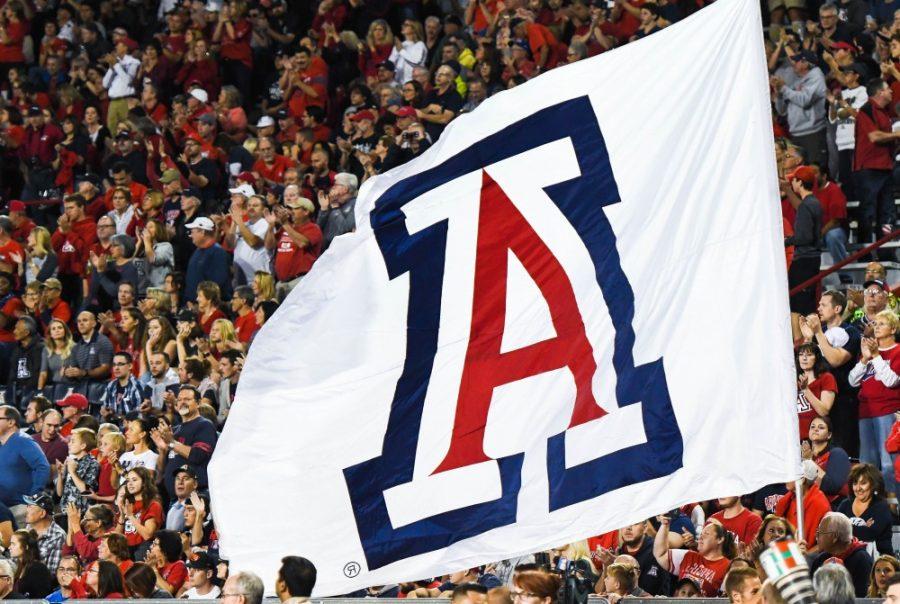There is an old saying that goes something like, “We may have lost the battle, but the war has just begun.” This is a perfect description of college athletes and their constant war with the NCAA to be paid for playing college sports. For years, athletes have lost many battles to receive any compensation from their school or the NCAA. Then, after years of losing many battles, college athletes around the country finally won one that will allow them to be paid, sort of.
The NCAA announced on July 1 that they would adopt a name, image and likeness policy (NIL) that would allow athletes to be paid based off of those subjects. An example would be if an athlete wants to make money selling t-shirts with their name on them, they now can. Or an athlete can sign an endorsement deal with say Apple and make money off pictures of them holding an iPhone.
NIL deals are still regulated by the NCAA, and athletes must follow local and state law, but if they do, they are able to sign as many deals as possible and make money off their NIL.
If you are looking at this and thinking, “Wait a minute. You mean to tell me that before this rule college athletes did not own their own names or pictures of themselves?” Sounds hard to believe, trust me, but the chilling answer is, yes. That means that every single banner, cutout and athletes’ name you have seen around campuses across the country were owned by the school and NCAA. Think of how humiliating that is. You are a star athlete playing every Friday night in a uniform with your name on it in a stadium with a huge banner that has you on it, and you do not own any of it. I always felt it was so unfair that so many athletes would pass through a college, make the university millions of dollars, and then fade away out of existence after graduation.
I could not be happier that athletes now own the right to do what they want with their NIL. Many athletes have already taken advantage, such as twins Hanna and Haley Cavinder. Both sisters play basketball at Fresno State and once midnight struck on July 1, they signed a deal with Boost Mobile.
“It was really exciting that such a known company wanted to work with Hanna and me,” Cavinder said to ESPN. “This is a big switch for all student-athletes. Being able to use your name, image and likeness is something we all deserve, and I’m really thankful the NCAA is finally passing this.”
Another athlete taking advantage of this is Texas Tech forward Kevin McCullar. Shortly after the ruling, he signed a deal with Raising Cane’s Chicken Fingers.
While many college athletes will benefit from this new rule change, there are many former college athletes who will not. The most recent name that has come up is former USC running back Reggie Bush. There was no greater running back during the 2005 season. Bush had 1,740 rushing yards, 478 receiving yards, 493 kickoff-return yards, 179 punt-return yards and scored 19 touchdowns. Later that year, Bush won the Heisman Trophy and lost a close game to Texas in the BCS National Championship Rose Bowl 41-38.
This matters because, for those of you who don’t remember, USC faced heavy NCAA sanctions because Bush had received illegal benefits during the season. Bush received upwards of $300,000 from a man named Lloyd Lake during the 2005-06 season because his family was struggling to make money. Bush was put in this position because he had no way to make money because the NCAA would not allow players to use their NIL to make money. Bush also lost his Heisman trophy and to this day the NCAA will not give his Heisman back, even with the rule change. Analysts also estimated that had the NIL rule existed for Bush, he would have made between four and six million dollars. That is around 20 times the amount he took in his pay-to-play scheme.
Bush was not a bad guy, but merely a son who was concerned for his family. This is what I highlighted in the second article that I ever wrote for this newspaper. Many student athletes are poor and are in sports in hopes that they will make it to the big leagues to take care of their families. Allowing players to do that now will help families in need and reduce the number of pay-to-play schemes.
While the battle was won for athletes to receive some compensation, the war has just begun. That war will be won when athletes are finally paid salaries, whether that is the school or the NCAA. For right now, athletes should enjoy this small victory.
Follow Sean Fagan on Twitter









